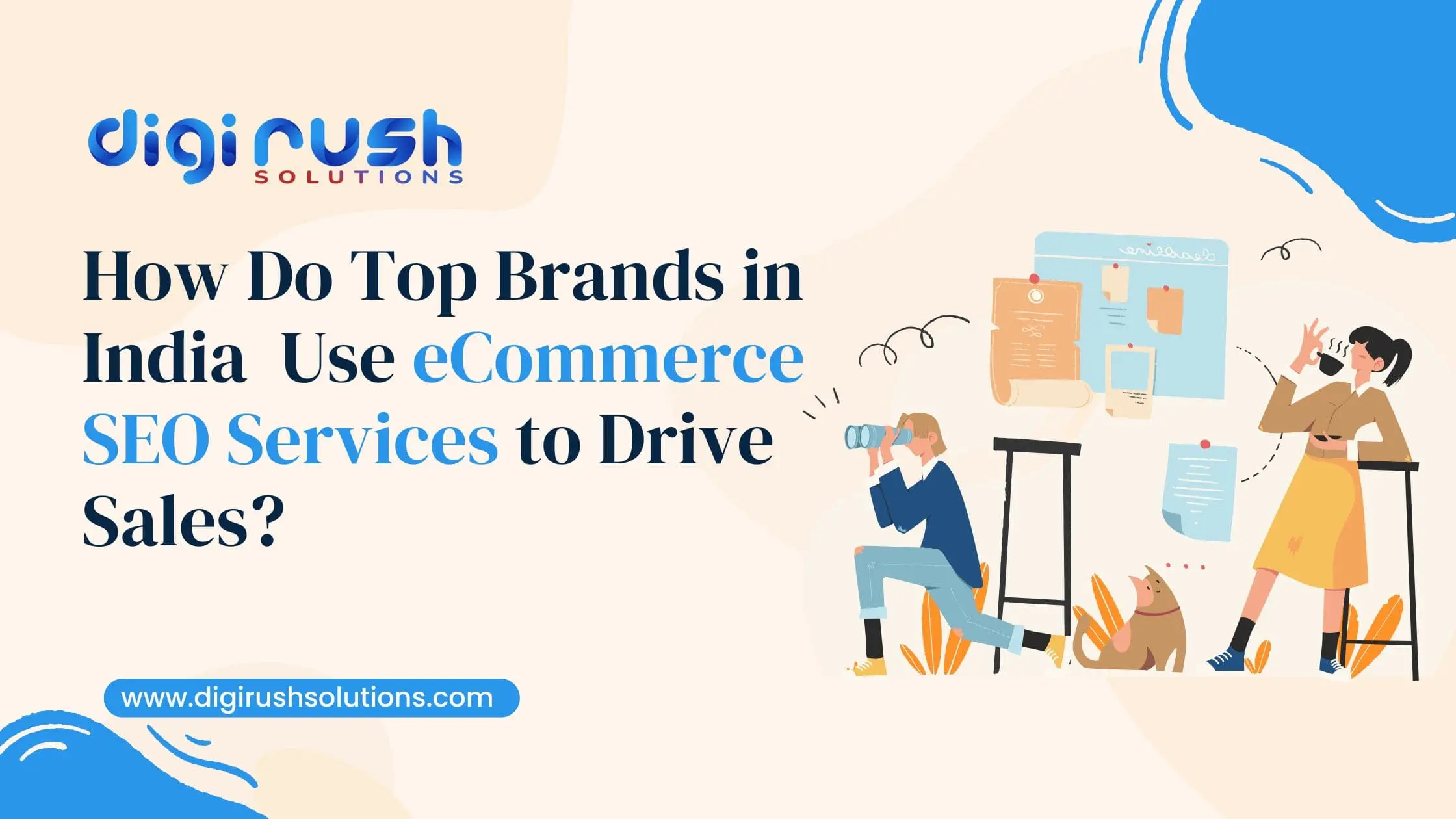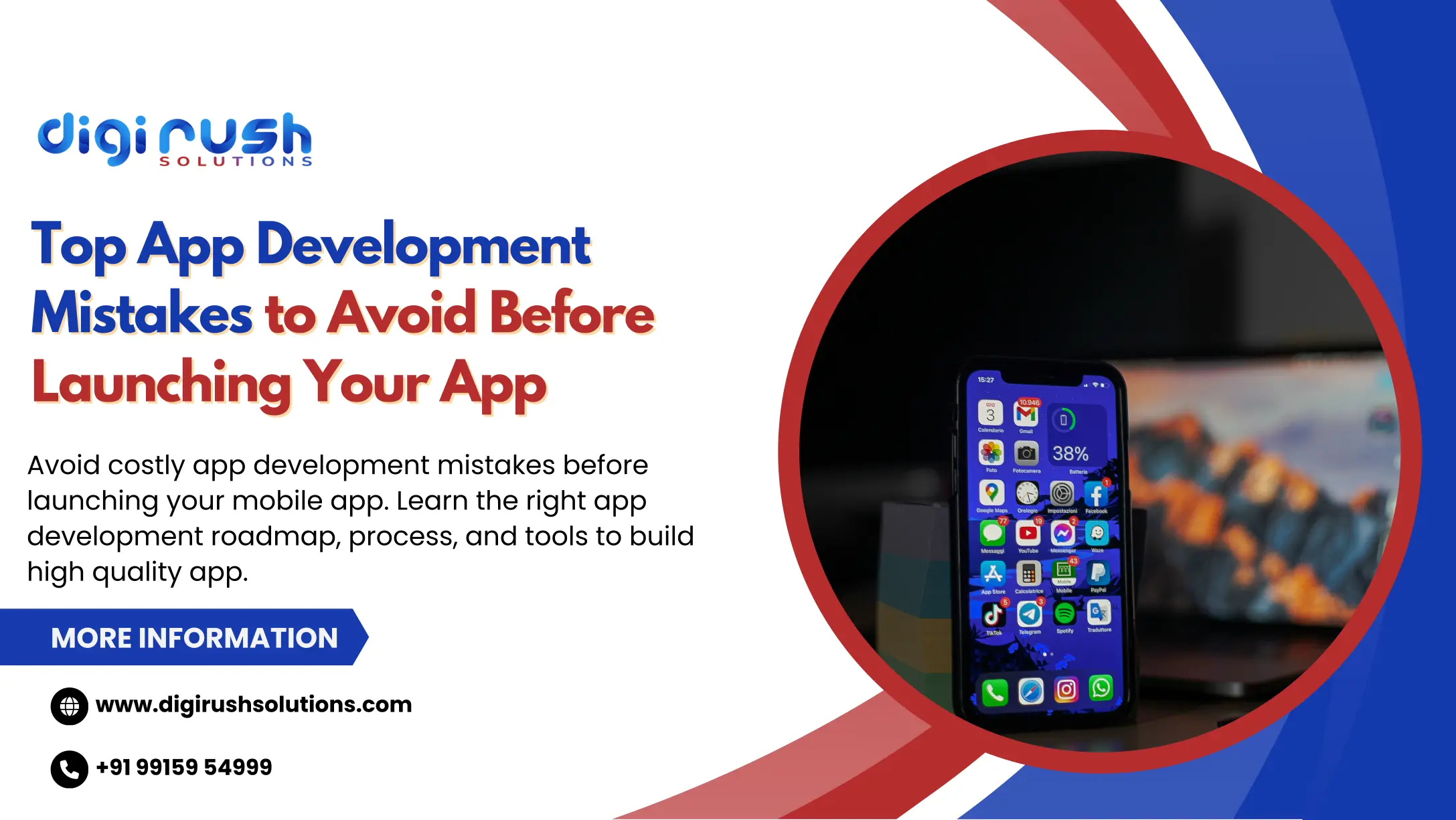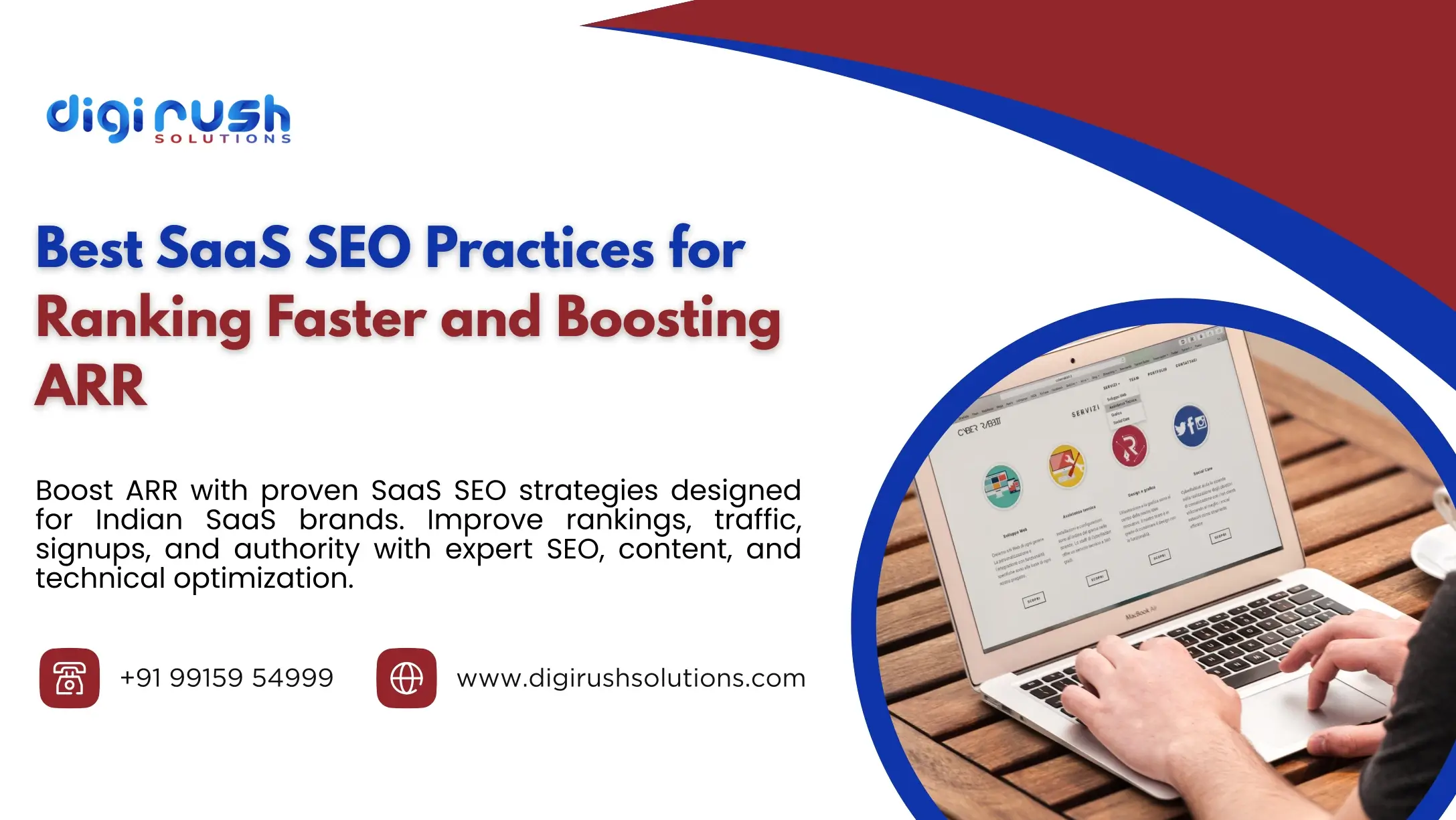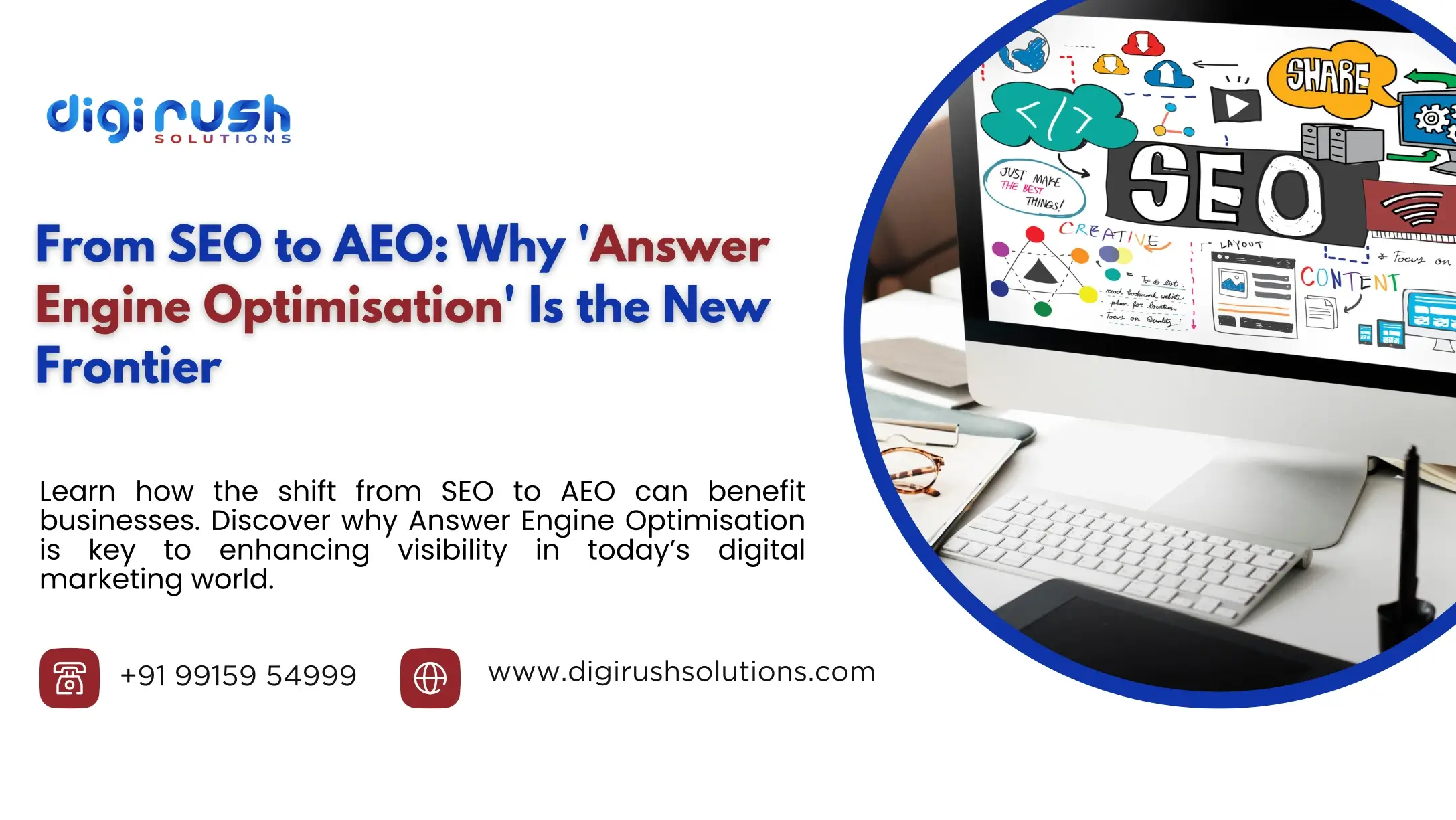
In today's hyper-competitive online market, having an eCommerce store is insufficient. With thousands of brands vying for attention and clicks, standing out takes more than fantastic products and a smooth website. That's where eCommerce SEO services enter the picture. In India, leading brands spend a lot on SEO not only as a marketing strategy but also as a long-term growth strategy. So, how are these brands applying SEO to enhance their visibility, traffic, and most importantly, sales?
This blog will explore how India's leading ecommerce businesses leverage SEO services to drive consistent revenue. Whether running a niche store or a large-scale ecommerce platform, you'll gain actionable insights to apply to your digital strategy.
Role of SEO in eCommerce Growth
Search Engine Optimization (SEO) enhances your website's visibility on search engines like Google. For eCommerce businesses, this translates into product pages ranking higher, attracting more organic traffic, and ultimately converting browsers into buyers. Top brands understand that paid ads can only take them so far—organic search results drive long-term ROI and cost less over time.
For Indian businesses, especially in Tier 2 and Tier 3 cities where online buying behavior is evolving rapidly, SEO helps brands reach broader audiences without overspending on ads.
1. Prioritizing Technical SEO for a Seamless User Experience
Leading brands in India start their SEO process by building a solid technical base. This involves optimizing the website's speed, making it mobile-friendly, repairing broken links, and having a proper site structure.
For instance, Flipkart and Nykaa have invested heavily in reducing page load times and mobile UX. They realize that Google favors fast, secure, and easy-to-use websites. Furthermore, mobile optimization is the key in India, where most eCommerce users browse and shop on smartphones.
2. Using Keyword Research to Target Buyer Intent
Top eCommerce brands leverage thorough keyword research to understand their prospective customers' needs. They target both high-volume keywords and long-tail keywords that show purchasing intent.
Let's consider an example: A brand selling "organic face wash" will use targeted keywords such as "best organic face wash for dry skin in India" rather than general terms such as "face wash." This helps ensure that they acquire the right audience at the appropriate position of the buying funnel.
These brands further localize their keyword strategy to include region-specific searches and ensure that they acquire traffic from various geographies.
3. Creating SEO-Driven Product and Category Pages
One of the best uses that top brands put eCommerce SEO services to is through product and category page optimization. Every page is handled as if it's a landing page—with title tags, meta descriptions, high-quality images appropriately applied, and unique content.
Amazon India, for example, designs product pages with rich content, customer reviews, FAQs, and suggested products—all SEO-optimized. These enhance rankings and provide a better user experience, leading to higher conversion rates.
4. Leveraging Content Marketing for Authority and Trust
Content plays a crucial role in eCommerce SEO. Top brands use content marketing to educate, engage, and convert visitors. Blog posts, how-to guides, buyer's guides, and FAQs are all used to target informational and transactional queries.
Take BigBasket as an example. They regularly publish content about healthy eating, seasonal produce, and recipe ideas. This drives traffic from search engines and positions them as a trusted authority in their niche.
Midway through this content strategy, many brands also incorporate local SEO services in India to ensure their content is discoverable by users in targeted locations. This becomes particularly useful for brands that operate both online and through physical stores or warehouses.
5. Building High-Quality Backlinks for Domain Authority
SEO is not just about on-page factors – off-page optimization, especially backlinks, plays a considerable role. Leading Indian ecommerce brands invest in digital PR, influencer marketing, and guest blogging to build authoritative backlinks to their domains.
A strong backlink profile improves rankings and helps build brand credibility. Google sees these links as a sign of trust, and the higher your site's authority, the better your chances of getting ahead of competitors.
6. Using Schema Markup for Enhanced Visibility
Another smart SEO strategy by top brands is implementing structured data (schema markup). This helps search engines understand your content better and can result in rich snippets—enhanced listings with reviews, ratings, and product information. Sites like Tata Click, and FirstCry use schema to highlight prices, stock status, and reviews directly in search results. These rich snippets attract more clicks and improve overall CTR (click-through rate).
7. Adopting a Mobile-First SEO Strategy
India has over 600 million smartphone users, many of whom use mobile devices solely for browsing and shopping. Successful brands understand this and adopt mobile-first SEO strategies, ranging from AMP pages to mobile-friendly layouts and voice search optimization. Voice search is becoming increasingly important with the rise of intelligent assistants and local language search. Voice and mobile optimization SEO services are now a must-have for top-performing ecommerce companies.
8. Tracking, Analytics, and Continuous Optimization
No SEO effort is complete without tracking its performance. Top eCommerce retailers employ sophisticated analytics software to track rankings, traffic, bounce rates, and conversions. This information informs them of what's working and where to tweak it.
They also A/B test product names, meta tags, and structures to enhance user interaction. Ongoing SEO optimization means they remain proactive in front of algorithm updates and competitors.
Most brands integrate this with local SEO services in India to maximize regional performance and become visible on state-specific or language-specific searches. This fusion of national and local SEO builds a strong organic presence.
9. Optimizing for Core Web Vitals
Google's emphasis on user experience has made Core Web Vitals a ranking factor. Speed, interactivity, and visual stability are now critical components of eCommerce SEO. Top brands have dedicated teams ensuring their websites pass Core Web Vitals assessments.
Every technical detail, from lazy-loading images to reducing unused scripts, is monitored to ensure the site ranks and delivers a seamless experience.
10. Partnering with Specialized eCommerce SEO Agencies
Lastly, most successful Indian eCommerce brands don't do it alone. They partner with specialized best SEO agencies. Such agency partners provide deep insights, resource allocation, and a strategic perspective that in-house teams might lack.
Whether scaling content, handling product SEO at scale, or running seasonal campaigns, professional agencies assist brands in getting improved and quicker results.
Conclusion
The Indian eCommerce landscape is growing rapidly, but so is the competition. If you want to increase your online store and drive meaningful sales, SEO is no longer optional – it's a must. Top brands across India use eCommerce SEO services to build sustainable growth engines that attract, convert, and retain customers. You can create your success story in the digital marketplace by learning from their strategies – technical SEO, content marketing, mobile optimization, and innovative partnerships. So, if you rely only on paid ads or social media to drive traffic, it's time to rethink your strategy. SEO is the fuel that powers long-term eCommerce growth in India.
Recent Blog











